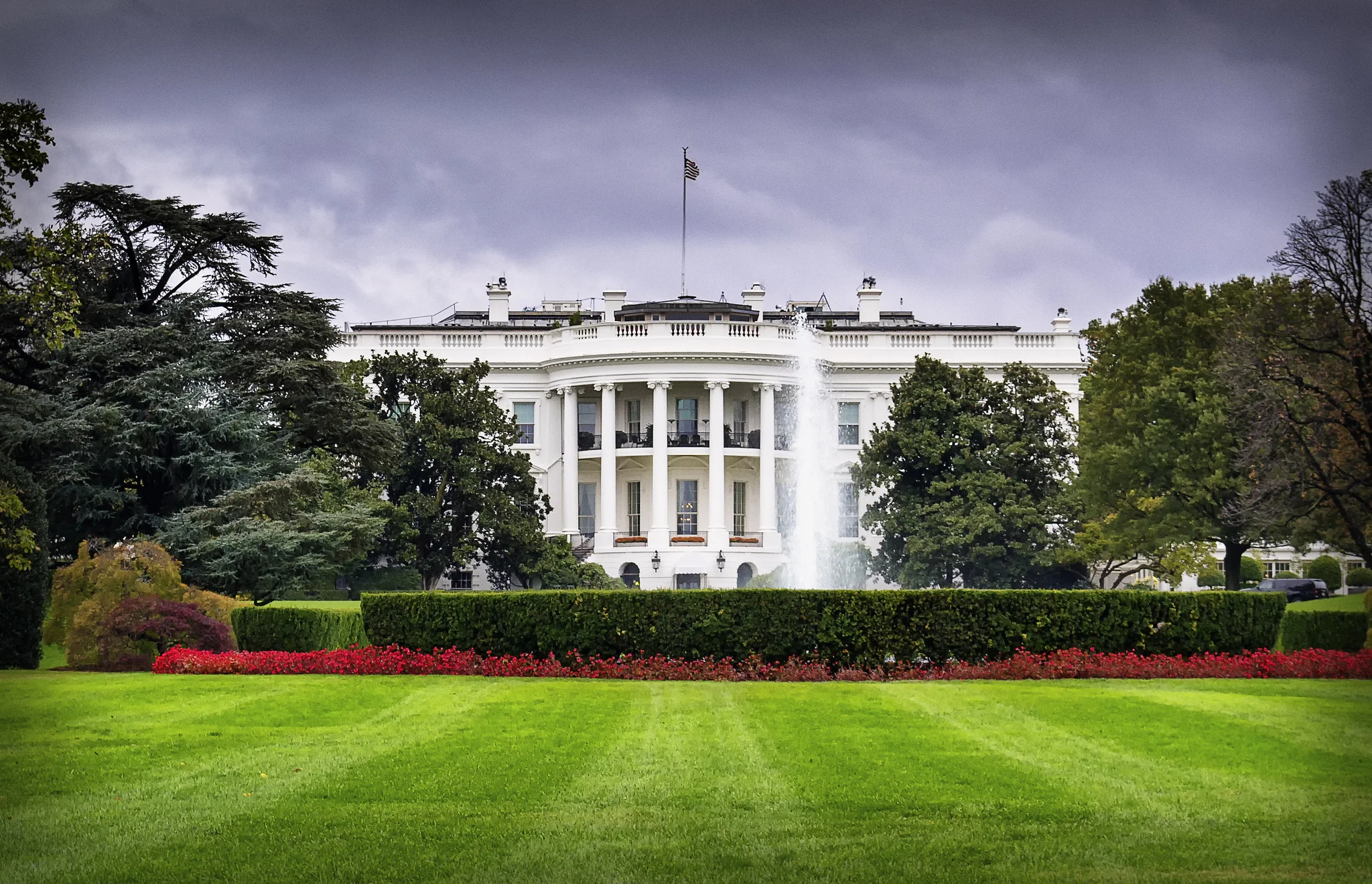Editorial
A New Kind of Interfaith World
by Paul Chaffee
Last month’s TIO editorial suggested that the United States of America was at a critical interfaith juncture. Since then the choice has been made. The November 8 election marked a radically new direction for the country, and it will make interfaith goals, programs, and relationships more difficult. President-elect Donald Trump is fortified with a Republican Congress; if his ruling is consistent with his rhetoric, he will challenge most interfaith groups and leaders on several crucial issues:
Immigration and religious bias, intertwined as they are, may be the most contentious problems. Uprooting and expelling millions of ‘illegal aliens’ who’ve lived in their homes here for years and are productively engaged, flies in the face of the values and ethics of most religious traditions. Faith and interfaith communities sponsoring refugees may find the pipeline to safe, needy families cut off. Anti-Muslim policies locally and nationally could multiply with federal encouragement. Alt-right anti-Semitism groups are rejoicing and must be answered.
Attending to climate change is at a tipping point in the U.S. and globally, in large part because faith, interfaith, and secular groups have mobilized and begun collaborating to help the human family avert unmitigated disaster. That changed on November 8. Opposing the world’s most powerful government bent on reviving fossil fuels rather than sustainable energy just became incredibly more complex. And ratchet it up another notch when right-wing justices are seated at the Supreme Court.
Offering care, concern, and rights to every member of the human family is one of the highest goals of any genuine interfaith perspective. That goal leads us forward collaboratively, gives impetus to our work, and holds up a vision of a world working for all, not just a few. The new president’s goal of making America great again doesn’t seem to offer much promise of anything for non-Americans locally and globally. I pray to be wrong about this.
In short, things have changed in several important ways for the interfaith world in the United States and abroad. The nature of our work and relationships will be shifting a bit. Mission statements and strategic plans will have to evolve.
Two Big Lessons
For me, the big learning from this election is that a plague of distemper, unhappiness, and economic desperation has captured nearly all of our citizens. Neither Democrats nor Republicans assessed the depth of this disconnect, and finding a champion who would pay attention to the unattended transcended the personal moral issues that their champion has. A recent poll of Evangelical Christians found that 72 percent do not feel that having personal moral, ethical issues disqualify a successful leader. That’s up 30 percent from five years ago. Eighty-one percent of white Evangelicals voted for the new president.
In terms of the interfaith world: we need to magnify and make much more tangible our concern for the disenfranchised, including poor white, relatively uneducated people desperate for a job, more economic equity, and a voice in this wealthiest of nations.
A second learning took more time for me to recognize, to remember: that working for the good has almost always been a minority project, an up-from-nothing cry from the heart that caught people’s attention and support. All sorts of good ideas are awaiting your engagement, including, if necessary, resistance. Some have suggested that “no” is the language’s most powerful word. Yes is usually better, unless it takes us down the road to disaster. Working collaboratively across the chasm of differences is the best. That challenge awaits us all.
When you find yourself powerfully opposed, disappointment, despair, and fear are realities to be visited but not indulged for long. Mystics, wise ones, and Buddhists, in particular, all counsel us to attend to our inner peace, to nurture ourselves in the safety of Spirit, whatever one’s tradition. That equanimity, besides making us feel better, can help us better the world, each in our own particular context.
To that end, the theme for this month’s TIO is “Post Election Tonic.” I hope it brings a smile or several as you read, along with some passion to make a difference.


